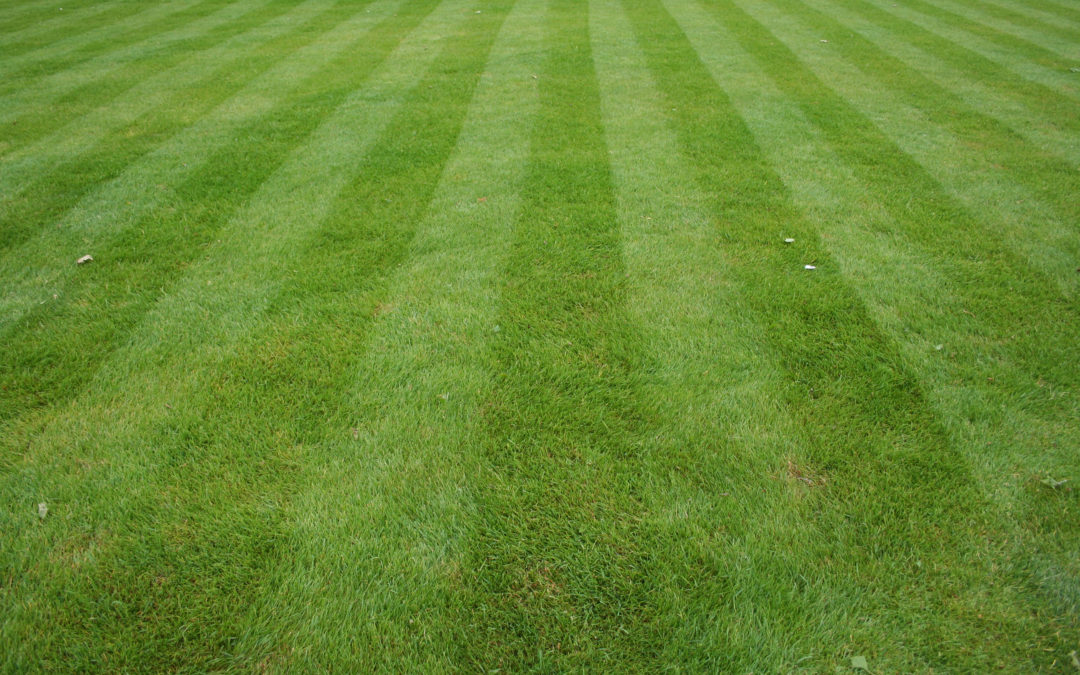The thermostat says 92, but with the humidity it feels more like 102. The heat is dangerous to us, but it can be just as harmful to your grass. To help maintain your grass during the brutal summer heat, we have some tips for you.
Do not cut your grass too short
One common mistake we can make is cutting a lawn too short. “If a lawn is cut too short, it reduces the plants’ ability to produce energy for growth. When cut at the proper height, however, grass develops stronger roots that support more vigorous plants that are more tolerant of stress. Keep in mind that different varieties of grass have different growth habits that directly relate to mowing heights. For example, cool season grass and warm season grass types require somewhat different maintenance techniques. Research which cutting height is right for your lawn.”
What is the correct height to cut my grass?
“When deciding on the correct height to cut your grass, it is important to also remember the “one-third” rule: never remove more than one-third of the grass height at one time. By doing so, the lawn is kept cooler because less plant tissue is removed. In fact, cool season grass types actually benefit in the heat of the summer by setting the blade higher. If a lawn is normally cut at 2.5 inches, for example, increasing it to 3 inches in the heat of summer will come with many benefits.”
Water your grass in the morning hours
Always remember to set your sprinklers to water your lawn in the morning hours, never in the heat of the day. And although it is important to water your lawn during, do not over water. Lawns actually only need one-inch of water per week, including rainfall.
Don’t bag those grass clippings
“Return clippings to the lawn by using a mulching mower. Clippings are actually beneficial to the lawn, as they act as a slow-release fertilizer for the plant as they decompose. It is important to aim the clippings away from streets, storm drains, and bodies of water.”
“When near bodies of water, do bag the clippings within one or two mower widths of the water’s edge to reduce pollution of streams and lakes from the nutrients released from decomposing leaf tissue.”
For more information on lawn care, call the professionals at Stone Creek Landscaping to answer all of your questions.
Source: yardcare.com

